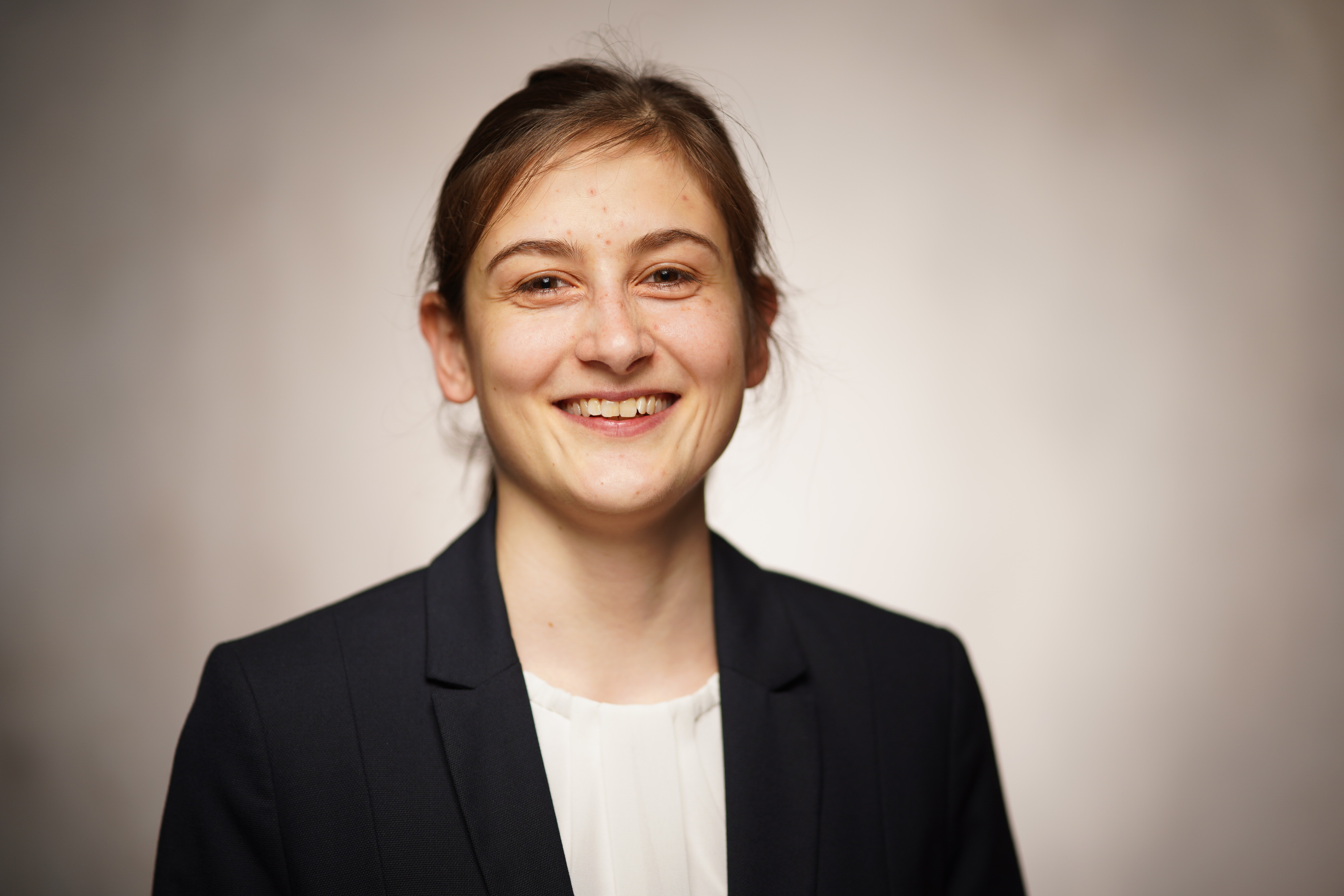Analytical biochemistry
The working group has extensive experience and expertise in the analysis of molecules of various sizes and origins, including water, environment, food, biotechnology, life science, and synthetic samples. Furthermore, the group is involved in the development and validation of new analytical methods and approaches, such as effect-based analytics using natural and artificial receptors. This method enables, among other things, the rapid and targeted implementation of accompanying analytical processes in complex media, as encountered, for example, in the food industry. The application of advanced docking and molecular dynamics methods, in vitro and in vivo testing methods, combined with efficient data analysis based on multivariate analysis techniques (such as pattern recognition, PCA, etc.), enhances data collection. In the long term, the focus is intended to shift towards AI-supported data analyses to ensure efficient data processing and automated at-line analytics for high-throughput analysis. The group is excellently equipped technically, with facilities including HPLC, UPLC, GC-qTOF/MS, MALDI-TOF/MS, ESI-qTOF/MS, LHS, microfluidics, SPR, QCM-D, among others, to tackle these diverse tasks.
Key aspects of our research:
- Collection of analytical data: Organic analysis, trace analysis, structure elucidation, chromatography, mass spectrometry, spectroscopy, assays in MTP format
- Data processing and evaluation: Pattern recognition using multivariate data analysis, data processing using AI methods, databases
- Automation and coupling methods: FIA-MS, µSMB-MS, online/at-line bioreactors, use of LHS and robotics for rapid sample preparation
- Biomimetic metallo-enzymes and receptors, new analytical concepts

 Dr. Katharina Bleher
Dr. Katharina Bleher